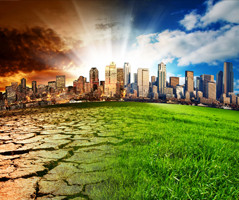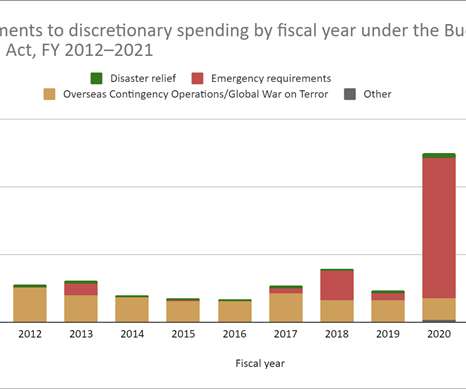The Beginnings of the National Center for Disaster Preparedness (NCDP)
National Center for Disaster Prepardness
OCTOBER 23, 2023
Shortly after the 9/11 attacks and the anthrax exposures, centers throughout the United States were set up to prepare for and make our nation more resilient. And not just for massive terrorism – but we were really not ready for major natural disasters, pandemics, and whatever existential threats might be in our future.












Let's personalize your content